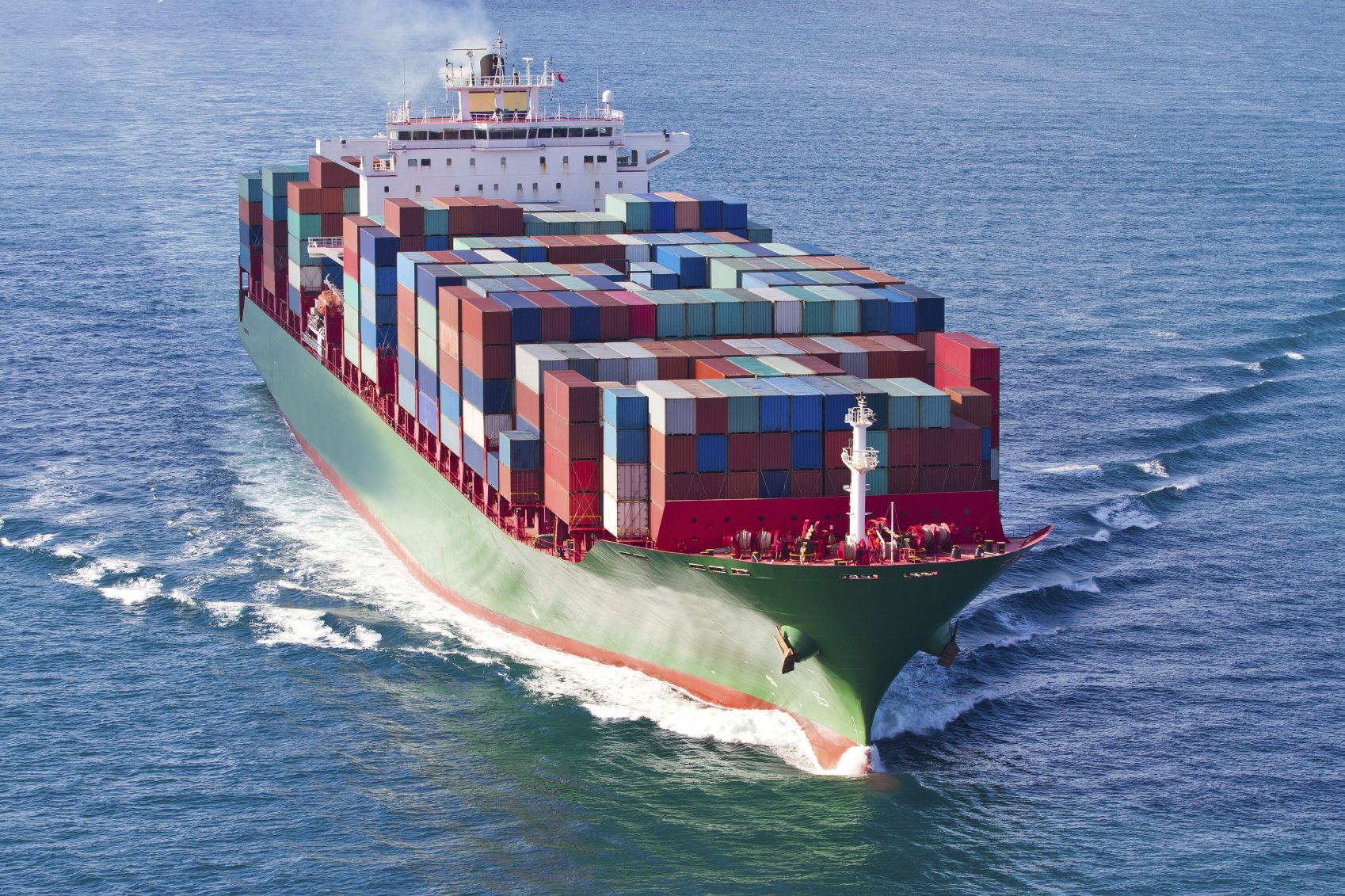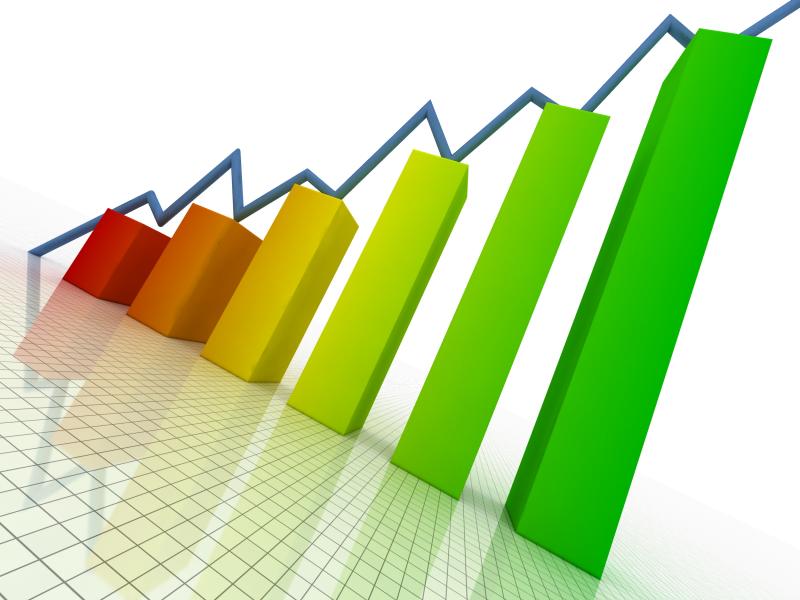Brussels – Bad news for the eurozone: Germany grinds to a halt. The Ifo, the Munich Economic Research Institute, calls the German growth trend into question and warns of the concrete possibility of “zero growth” in 2024. Based on the latest data available to the institute, estimates are cut, and gross domestic product growth is expected to be 0 instead of 0.4 per cent. That’s not all: the Ifo has also lowered its estimate for 2025, setting it at 0.9 per cent instead of the previously expected 1.5 per cent.
“The German economy is stuck and languishing while other countries are recovering,” warns Timo Wollmershäuser, head of forecasting at Ifo. “Too little investment is being made, especially in manufacturing, and productivity has been stagnant for years,” he adds. But it is a general and more problematic situation. “We also have an economic crisis,” acknowledges Wollmershäuser: “The order situation is poor, and gains in purchasing power are not leading to increased consumption but rather to more savings because people are not stable.”
Germany is trudging along, and Munich is now expected to see a return to growth not before 2026, a year for which a +1.5 per cent of national GDP is forecast. This is not good news for the eurozone’s leading economy, whose slowdown could produce knock-on effects for the entire eurozone.
Stressing Germany would also be the EU’s sustainable agenda, argues the Ifo forecast chief. As he explains, “decarbonization, digitization, demographic change, the coronavirus pandemic, the energy price shock and China’s changing role in the global economy are exerting pressure on established business models and forcing companies to adapt their production structures.” The consequence of all this, he explains, “is an investment crisis, particularly in manufacturing, which accounts for a significantly higher share of economic output in Germany than elsewhere.”







